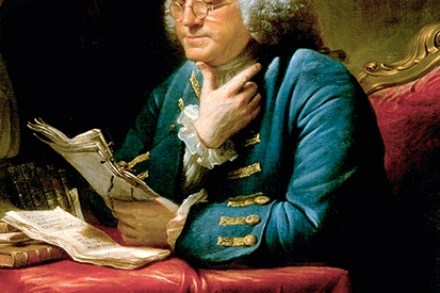A host of unquiet spirits
As its title suggests, Julie Myerson’s tenth novel is about stoppage: the kind that happens when one suffers a loss so absolute and cataclysmic that there seems no possible way forward; when the future seems not merely unthinkably disrupted but also irrelevant. For the majority of people lucky enough to live out their days beyond war zones, barbaric regimes and disaster areas, such events usually come no closer than a news item; but even — perhaps especially — when the calamity is near at hand, we so often find ourselves at once desperate to empathise and yet incapable of imagining. Mary, whom we gradually discover has lost both her young




















